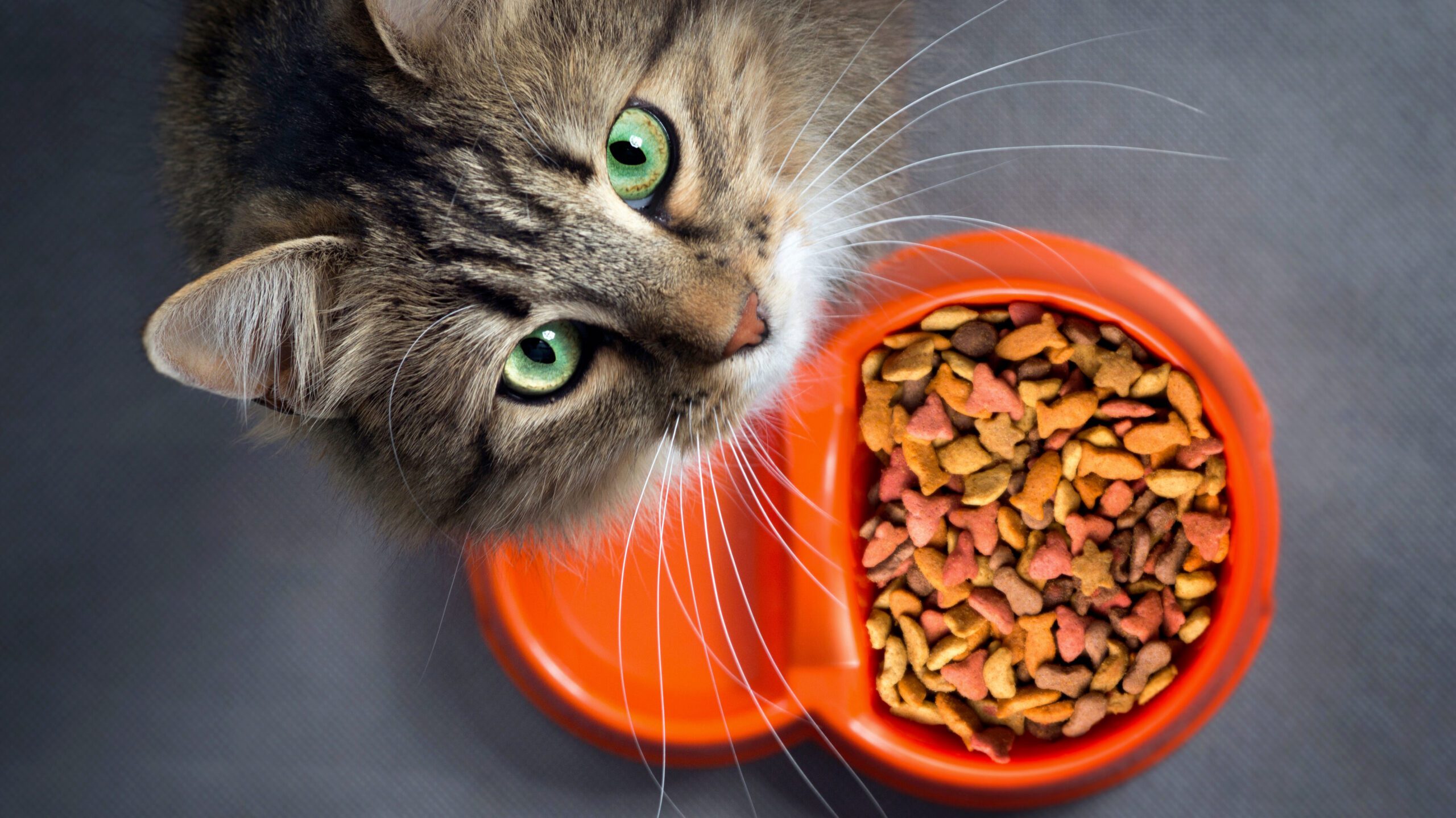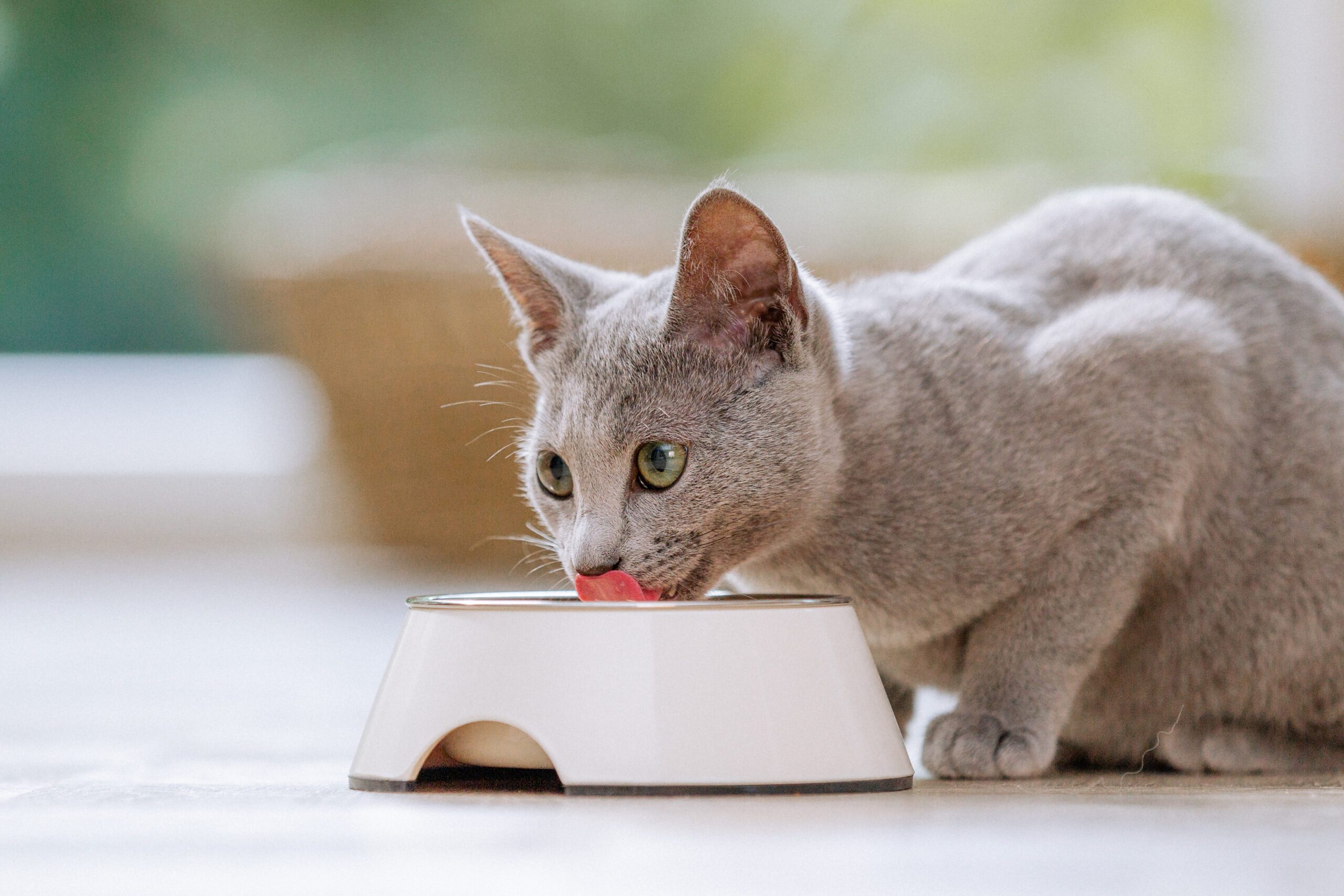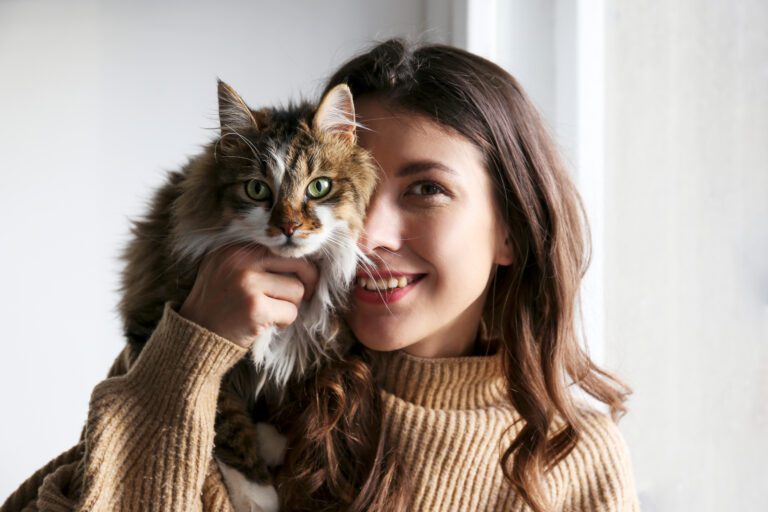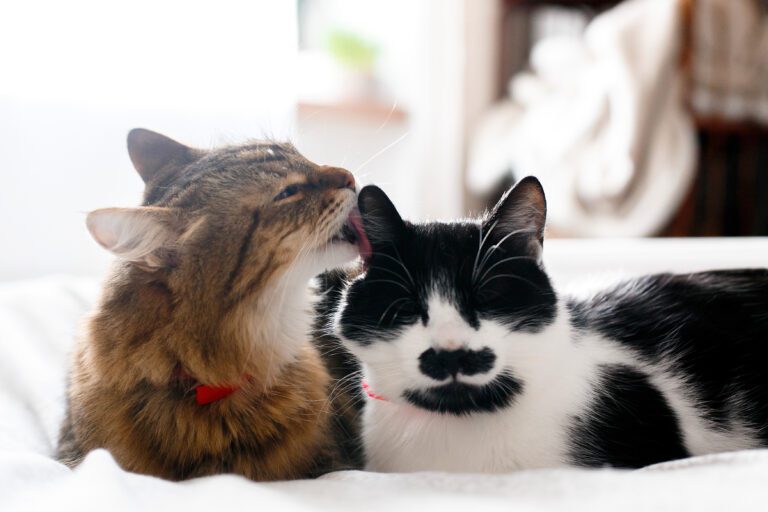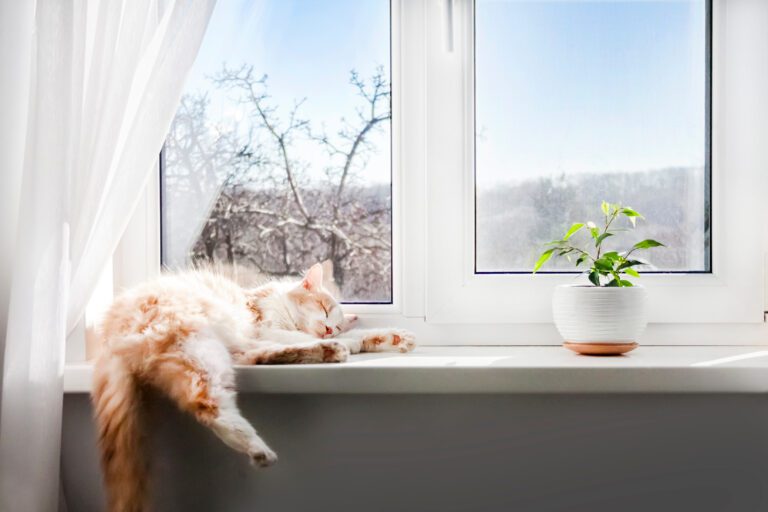As a loving cat owner, it can be distressing to witness your furry friend frequently throwing up their food. This common issue can raise concerns about your cat’s health and well-being. In this blog, we will explore some of the potential reasons behind cat vomiting, common causes of this behavior, and when it might be time to consult a veterinarian.
Eating too Quickly
One of the most common reasons for cats throwing up food is their tendency to eat too quickly. When cats rush through their meals, they may swallow large chunks of food, leading to gagging and regurgitation. Encourage slower eating habits by providing smaller, more frequent meals or using specialized feeding bowls designed to slow down eating.
Dietary Changes
Abrupt changes in your cat’s diet can cause digestive upset, leading to vomiting. If you’ve recently switched their food brand or introduced new ingredients, it could trigger an adverse reaction. Gradually transitioning to a new diet over a week or two can help reduce the chances of digestive issues.
Food Allergies or Intolerances
Cats, like humans, can develop allergies or intolerances to certain ingredients. Common culprits include dairy, grains, and certain proteins. If you suspect a food allergy or intolerance, consult with your veterinarian to identify the specific allergen through an elimination diet or allergy testing.
Hairballs
Cats are meticulous groomers, and during their self-care routine, they often ingest loose hairs. These hairs can accumulate in their stomach, leading to the formation of hairballs. Regular brushing to remove loose hairs, along with specialized hairball control diets or supplements, can help reduce the occurrence of hairballs and subsequent vomiting.
Have you considered pet insurance? Read more about it here.

Gastrointestinal Issues
Underlying gastrointestinal problems such as gastritis, irritable bowel syndrome, or gastroenteritis can cause chronic vomiting in cats. If you notice persistent vomiting, along with other symptoms like weight loss, lethargy, or diarrhea, it’s crucial to consult your veterinarian for a proper diagnosis and treatment plan.
Foreign Object Ingestion
Cats are curious creatures and may ingest non-food items, such as string, tinsel, or small toys. These foreign objects can obstruct their digestive system, leading to vomiting. If you suspect your cat has ingested something unusual, seek veterinary attention immediately, as it may require prompt intervention to prevent complications.
Feline Pancreatitis
Pancreatitis is an inflammation of the pancreas, which can cause vomiting in cats. Other signs include loss of appetite, dehydration, and abdominal pain. It is a serious condition that requires immediate veterinary attention for diagnosis and appropriate treatment.
When to seek Vet care
While occasional vomiting may be normal for cats, frequent or persistent vomiting should not be ignored. If your cat exhibits any of the following signs, it is essential to consult with your veterinarian:
- Frequent vomiting (several times a day)
- Vomiting for more than 24 hours
- Blood in vomit
- Loss of appetite
- Weight loss
- Lethargy or weakness
Frequent vomiting in cats can have various causes, ranging from simple dietary issues to more serious health conditions. By understanding the potential reasons behind your cat’s vomiting, you can take appropriate steps to address the issue. Remember, if you have any concerns or your cat’s vomiting becomes persistent or severe, it is always best to seek professional veterinary care to ensure your feline companion’s health and well-being.
Is your cat staring a lot? Check out some reasons why here!
